Disclosure: Joyfully Domestic may earn a commission for purchases made after clicking links on this page. View our disclosure policy for details.
In this post, I’m sharing a bit about what an education of wonder looks like. And a simple, practical guide to the poetic mode of learning.
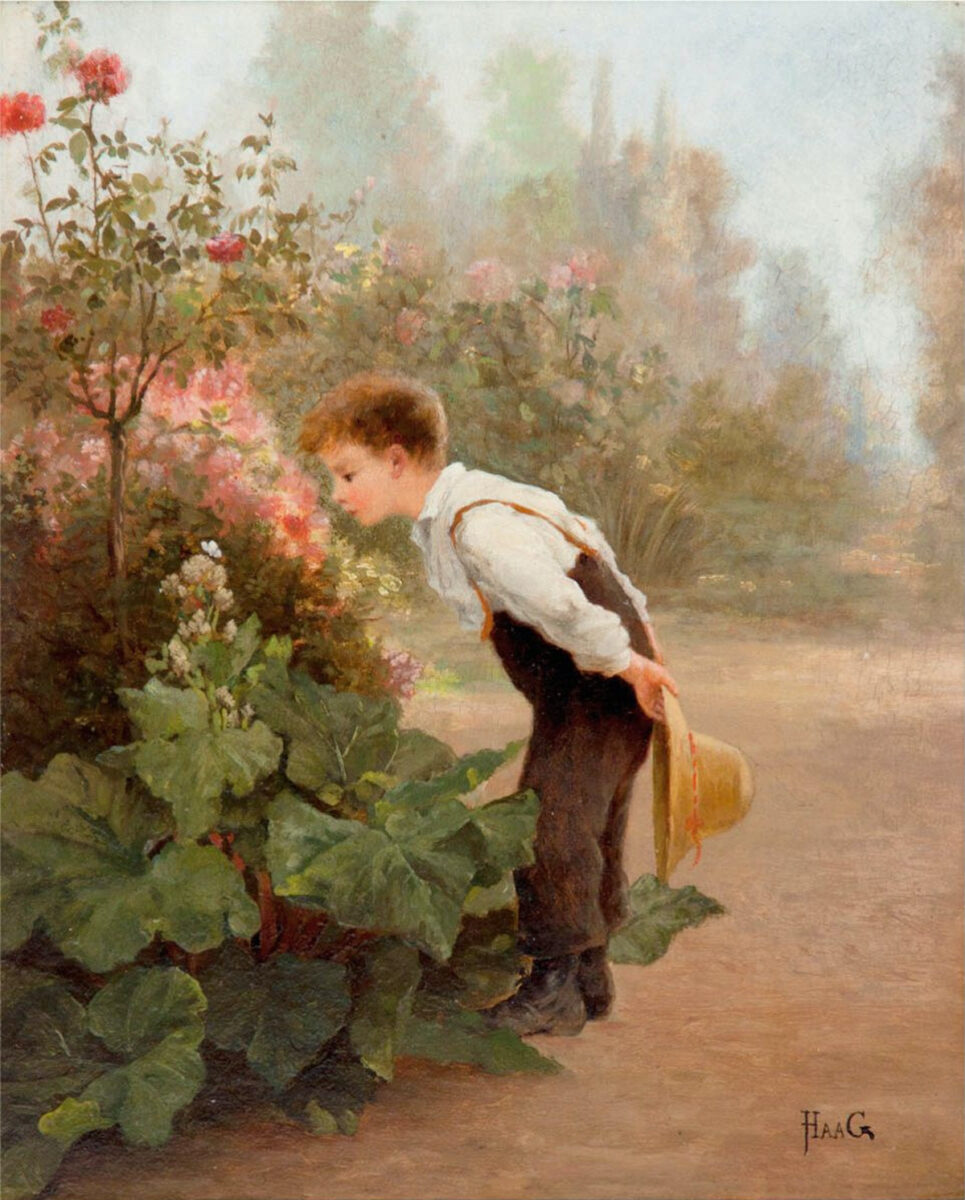
“And all the time—such is the tragi-comedy of our situation—we continue to clamour for those very qualities we are rendering impossible. You can hardly open a periodical without coming across the statement that what our civilization needs is more ‘drive’, or dynamism, or self-sacrifice, or ‘creativity’. In a sort of ghastly simplicity we remove the organ and demand the function. We make men without Chests and expect of them virtue and enterprise. We laugh at honour and are shocked to find traitors in our midst. We castrate and bid the geldings be fruitful.”
C.S. Lewis, The ABOLITION of Man
What is the Poetic Mode of Learning?
In our modern world, education has often become filled with efficiency, memorization, and utilitarian outcomes. Children are expected to absorb information quickly, produce measurable results, and move through standardized curricula without much thought for contemplation. Basically like machines.
But what if education was meant to be something more? What if it was meant to awaken the soul, spark the imagination, and cultivate a deep sense of wonder?
Here, I want to briefly explain about the poetic mode and an education in wonder. And I apologize if my descriptions are inferior — I am still learning about this mode myself.
The poetic mode of learning can easily be understood through contrast. Modern education often prioritizes analytical knowledge, which dissects, classifies, and systematizes information.
While this has its place — usually in the college years and beyond. But it also should not come at the expense of poetic knowledge; the knowledge gained through experience, beauty, and contemplation.
Dr. John Senior, who is a co-founder of the IHP, Integrated Humanities Program (along with Dr. Frank Nelick, and Dr. Dennis Quinn), and a key figure in classical education, emphasized that poetic knowledge is a precursor to logical reasoning. Before a child can analyze and critique, they must first encounter the world with a sense of wonder.
When beginning the IHP, these professors realized that their college students were lacking in knowledge that should have been gained in the early years because of modernity.
“Fed on materialism, impregnated by Relativism and blasé, the average student escaped into cheap enjoyments. Not recognizing the deep hunger for truth within themselves, like starving people who are not given healthy food, they gulped down spiritual junk food that made them fall into the illusion that their hunger had been satisfied. Students suffered from a sickness that we might call ‘spiritual obesity,’ which prevented them from growing wings, and ascending to the stars.”
Fr. Francis Bethel, “John Senior and the Restoration of Realism
Many of us have lost this or never have experienced this poetic life. It took me until the last couple of years to experience a deeper spiritual life and one of contemplation through poetic knowledge.
This is why young children delight in fairy tales, relish time spent outdoors, and are drawn to music and art without needing to “understand” them in a technical sense. They simply love and absorb these experiences, allowing them to shape their hearts and minds.
And we must learn to awaken this sense of wonder in ourselves too.
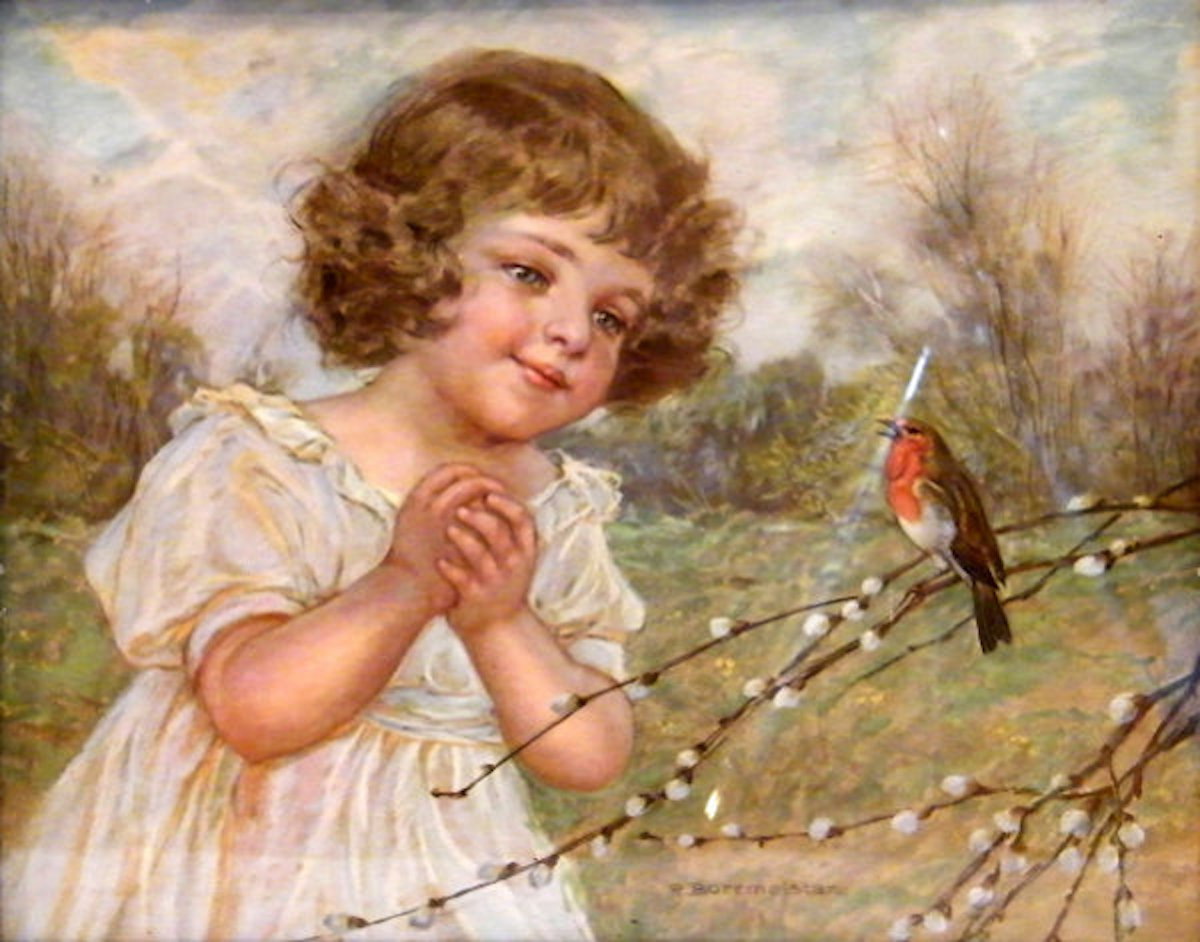
What is an Education in Wonder and Role in a Child’s Life?
Wonder is the beginning of wisdom. Aristotle stated that “all men by nature desire to know,” but this desire is first sparked by wonder.
If an education skips over this essential step, learning becomes dry and mechanical. A child who is trained only in analysis, but never in wonder will lack the ability to delight in truth for its own sake.
St. Thomas Aquinas emphasized that wonder is what leads us to seek truth and, to know God, and ultimately towards union with God. Because, after all, this is the goal, is it not?
When a child experiences a breathtaking sunset, a beautiful piece of music, or a well told story, they are engaging in an act of wonder. This engagement fosters a love of learning that cannot be manufactured by a rigid curricula or standardized tests.
As a mother teacher, we want to encourage a life long love for learning. And our ultimate goal should be in raising saints and their salvation.
This is what this education of wonder instills in our children — a life of contemplation and towards a deeper spiritual life.
“Wonder is the beginning of knowledge, the reverent fear that beauty strikes within us.”
John Senior
Why This Approach Is Essential for Catholic Education
For Catholic homeschoolers, an education in wonder is not just an educational philosophy, it is a preparation for encountering God. The Church has always recognized that Truth, Goodness, and Beauty lead the soul toward the Divine.
A child who is steeped in wonder will be naturally disposed to recognize God’s presence in creation, in great literature, in sacred music, and in the liturgy.
This approach also aligns with the sacramental imagination and the idea that the physical world points to deeper spiritual realities.
When children are taught to see the world through this lens, they develop a habit of seeing beyond the material and into the realm of mystery and faith.
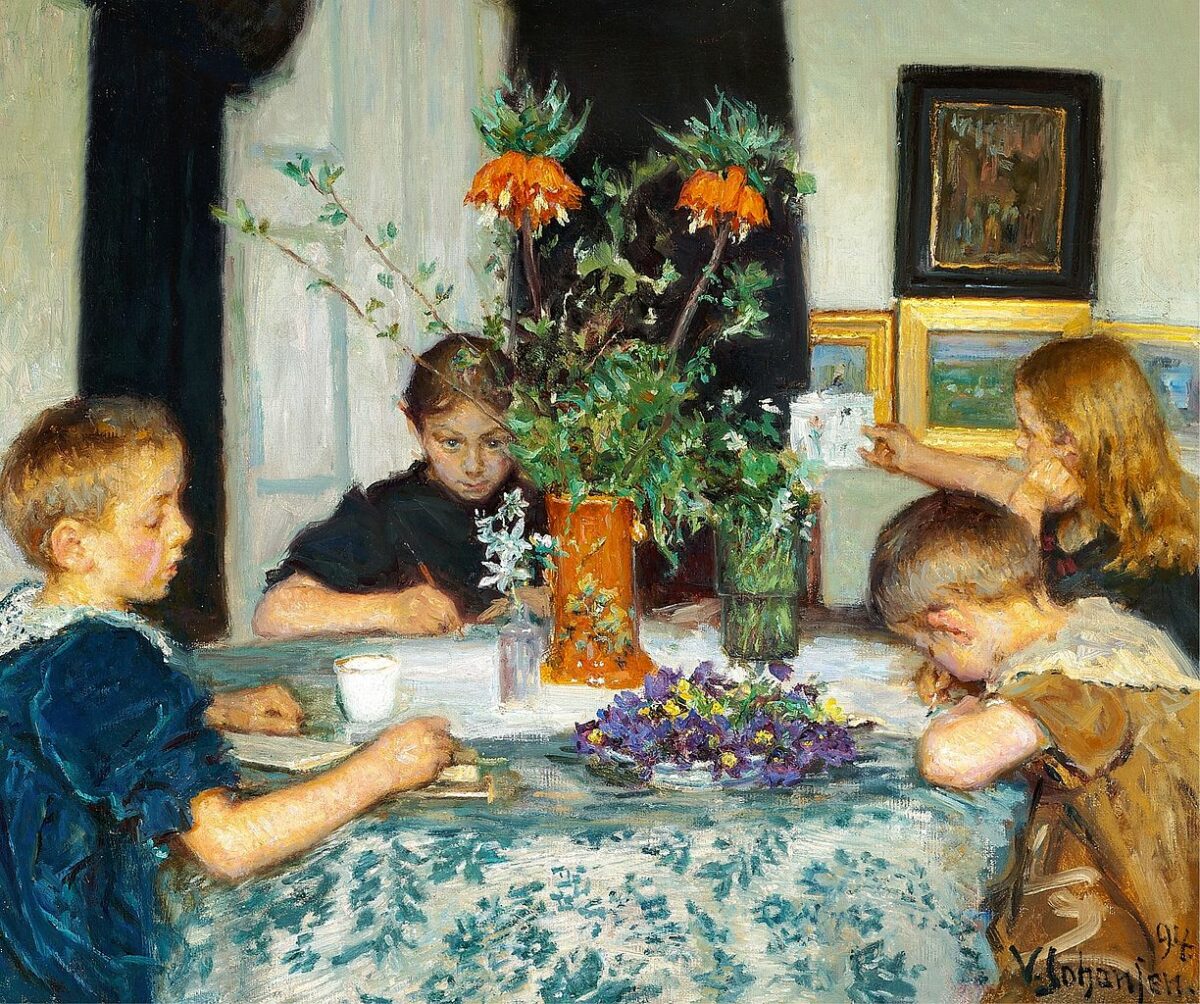
Practical Ways to Cultivate a Poetic Education at Home
How can parents cultivate an education in wonder within their homeschool? Here are some practical steps:
- Literature & Storytelling
- Read aloud classic fairy tales, myths, and fables that inspire the imagination.
- Choose living books over dry textbooks to introduce subjects in an engaging way.
- Allow children time to narrate stories in their own words, reinforcing understanding through retelling.
- Nature Study & Observation
- Spend time outdoors daily, encouraging unstructured exploration.
- Keep a nature journal to record observations, sketches, and reflections.
- Introduce children to the changing seasons, the stars, and the intricate beauty of creation. Spend time stargazing at least once a week.
- Music & Art Appreciation
- Listen to classical music, folk songs, and sacred hymns regularly.
- Visit art museums or study famous paintings at home.
- Encourage artistic expression through drawing, painting, or poetry.
- Silence & Contemplation
- Protect time for quiet reflection, free from screens and structured activities.
- Introduce habits of prayer and meditation that allow for interior growth.
- Let children experience boredom, as it often leads to creative thought and deep reflection.
Related: Why I Quit Social Media
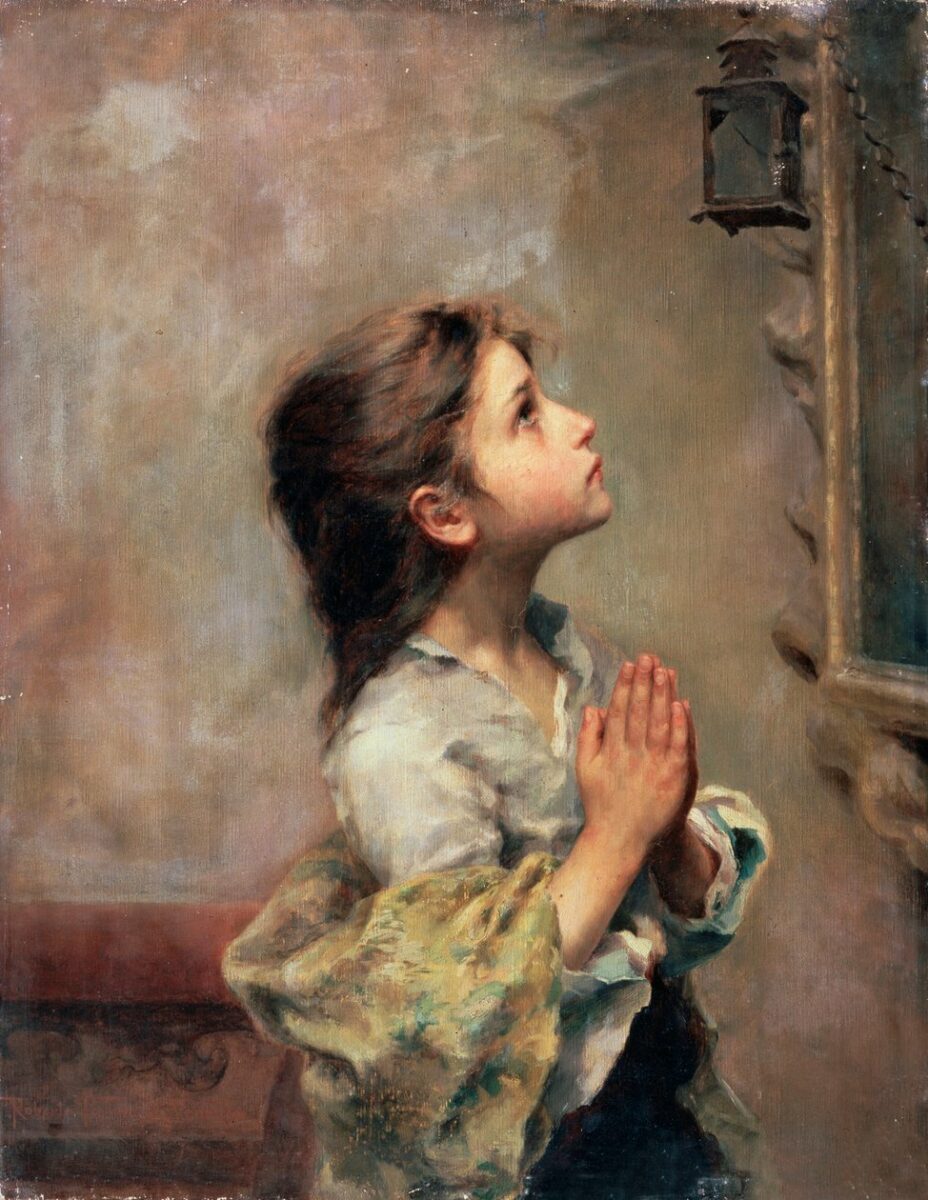
Common Difficulties & How to Avoid Them
While seeking to cultivate an education in wonder, there are common pitfalls to be aware of:
- Overemphasis on Early Academics: Pressuring young children into formal studies too soon can stifle their natural sense of wonder. Allow learning to unfold naturally. Don’t worry if this has been your course. With my first child, I had her start too soon and eventually learned over time, as we moved to the Charlotte Mason method, and eventually towards the poetic mode.
- Overscheduling: Too many structured activities can leave no room for contemplation or free exploration. This is easily overcome by simplifying and allowing for more quiet.
- Excessive Screen Time: Digital distractions can dull the senses and replace real-life experiences with passive consumption.
Cultivating a Life of Wonder
Education is not merely about filling a child’s mind with knowledge; it is about forming their soul. An education in wonder invites children (and parents) into a way of living that is slower, richer, and more contemplative.
By prioritizing beauty, story, nature, and silence, we can cultivate not only wise and virtuous learners but also saints-in-the-making!
May we all take the time to rekindle wonder in our homes, trusting that it will lead our children (and ourselves) closer to the ultimate source of all beauty and truth: God Himself.
Resources for the Mother Teacher
These are a few resources that have helped me in my journey and I hope that they are helpful for you too!
- “The Death of Christian Culture” by John Senior
- “The Restoration of Christian Culture” by John Senior
- “John Senior and the Restoration of Realism” by Fr. Francis Bethel
- Poetic Knowledge by James S. Taylor
- Awakening a Sense of Wonder in the Mother Teacher
- An Education in Wonder + Changes to our Homeschool
- The Children’s Tradition Curriculum – Use code: JOYFULLYDOMESTIC for 10% OFF!
- Fairytales, Fables, Legends, and Myths in a Catholic Education
- Musical Education in the Classical Homeschool
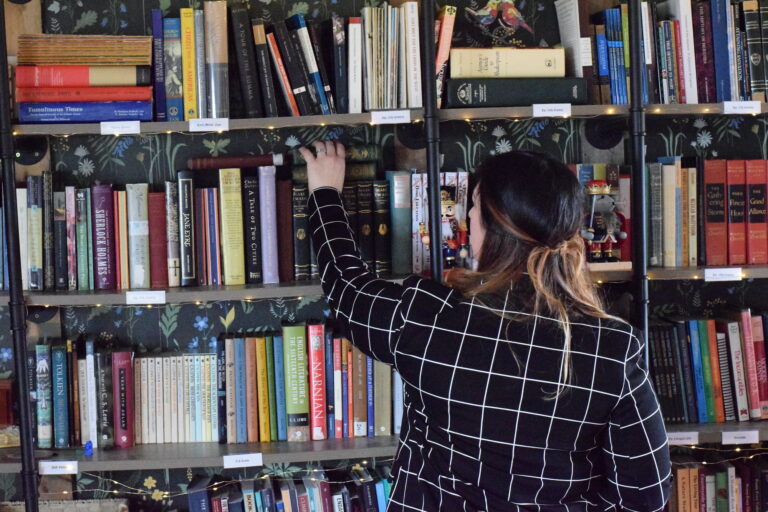
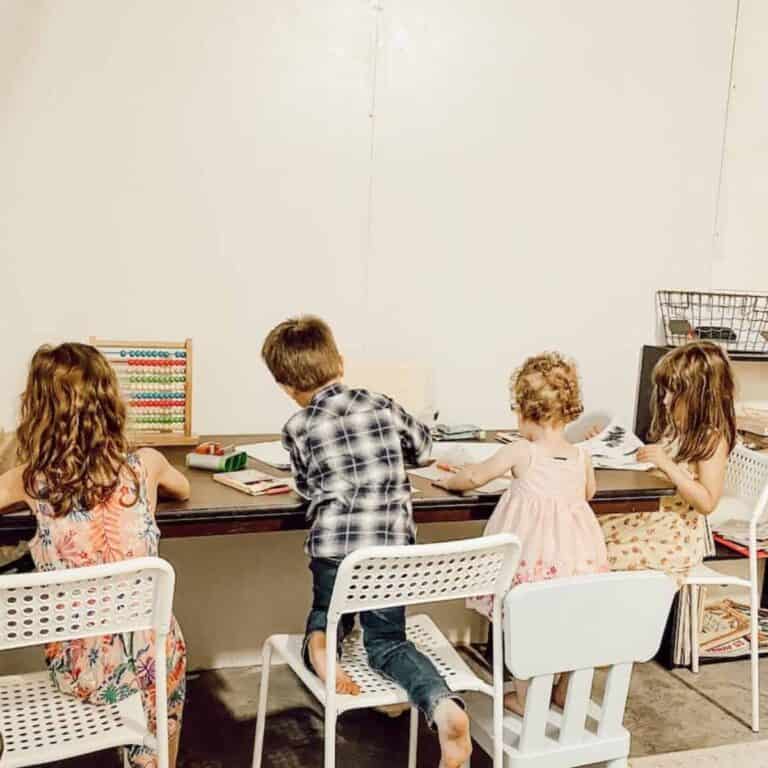
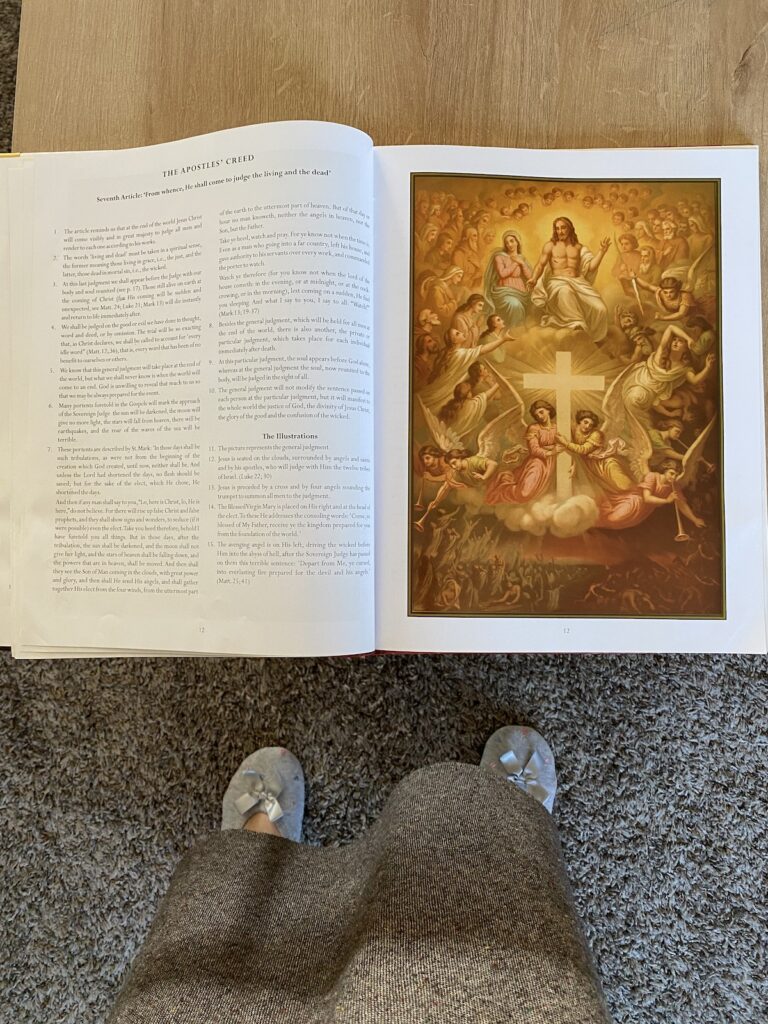
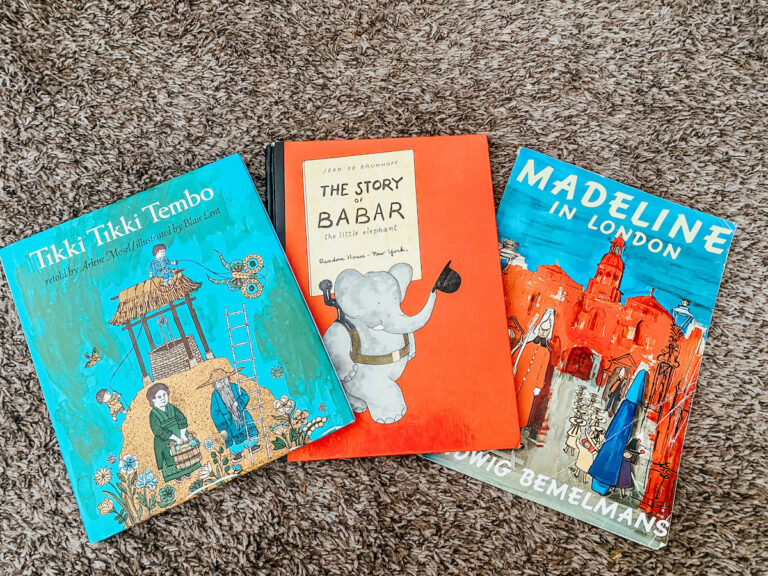

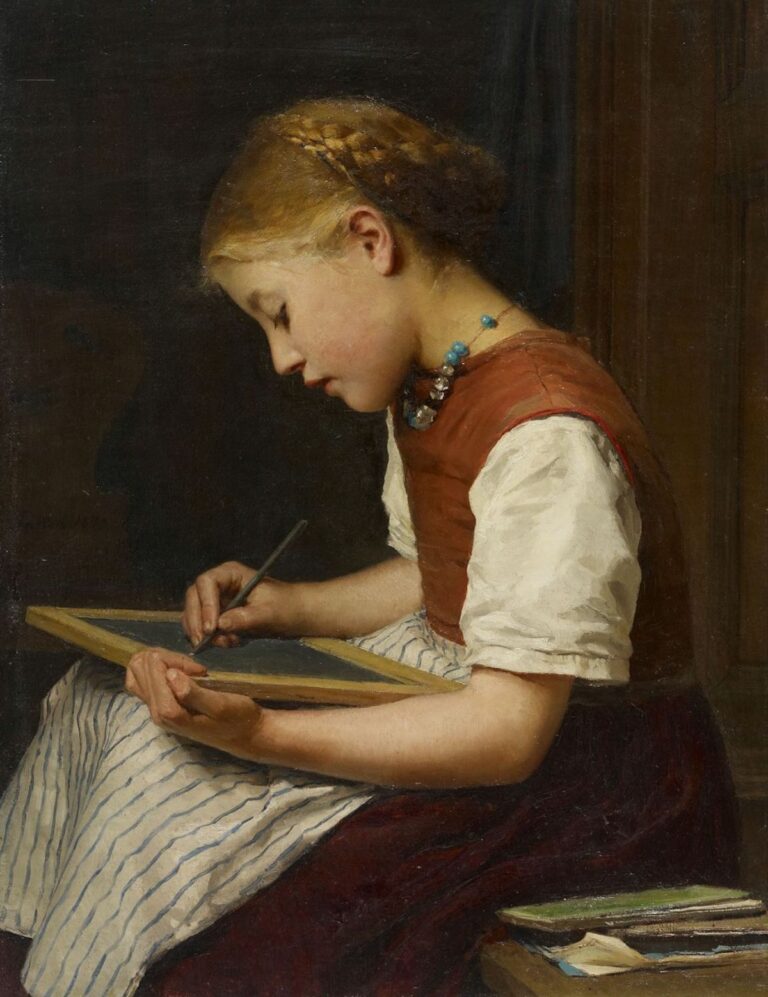
Hello Mary,
Thank you so much for your clear explanation of what the poetic mode of education is- as i have been trying to understand it now, through listening to various podcasts and the childrens’ tradition website. Having read some of Charlotte Mason’s volumes, i find that these points all echo her beliefs and philosophy of what education should be, ultimately pointing us to our Creator.
I guess my question is, are there some major differences? Do the differences come in the application and pedagogy? I had also joined the CMEC for the last 2 years and am looking to slow down our rhythm so i have been trying to understand the differences between the Charlotte Mason philosophy and the poetic mode.
I would say that they are similar and you could teach in the poetic mode with a Charlotte Mason education. However, it isn’t explicitly taught. We began to move over to the poetic mode while using a CM curriculum, but I knew that we needed something different. A CM curriculum contains broad liberal arts, structured term schedules. And with the poetic mode it is a bit less structured; focused on experiences and great works. Another example is with nature study; with a CM method it would be a bit more of scientific observation with journaling. Sure, the direct observations of the natural world seeks to cultivate attention, reverence, and awe. But with the poetic mode it is a more reverent encounter / experience and a poetic knowing (e.g. star-gazing).
I will write up a basic post explaining this a bit more soon. 🙂
I am also intrigued by your comment (in another post) when you said that CM was not poetic mode and lacked the wonder…I was homeschooled CM before it was much heard of and all mothers had to go by were her 6 books and what you describe as poetic mode is exactly what my CM education was like! I find it fascinating you comment on CM curriculum not being poetic mode because it has put into words something that has bothered me a while. My understanding of things she wrote herself push exactly what you describe as being poetic mode (especially in Home Education which is all ages to age 9!) and yet this is not found in all the common CM curriculums out there. Do you see any discrepancy between her writings and the feel of curriculums like cmec? Im curious.
Hi Hannah! 🙂 I’m not sure what I wrote or which comment you’re referring to. If I did say that, I was mistaken because you’re right…Charlotte Mason is poetic. But it is not implicitly taught (which I have written about here: https://joyfullydomestic.com/the-poetic-mode-of-education-vs-charlotte-mason/). If I did say that it was not poetic, it was when I was beginning to learn about this mode of education. As I mentioned, it isn’t implicitly taught through most of the CM curriculums available. And one really would have to dive deep into her volumes before there is any mention of this mode of education…and even then, she doesn’t call it poetic. I first found this quote in Ourselves when she says: “Our Beauty Sense. — There is another region open to Intellect, of very great beauty and delight. He must needs have Imagination with him to travel there, but still more must he have that companion of the nice ear and eye, who enabled him to recognise music and beauty in words and their arrangement. The aesthetic Sense, in truth, holds the key of this palace of delights. There are few joys in life greater and more constant than our joy in Beauty, though it is almost impossible to put into words what Beauty consists in; colour, form, proportion, harmony — these are some of its elements. Words give some idea of these things, and therefore some idea of Beauty, and that is why it is only through our Beauty Sense that we can take full pleasure in Literature.”
Hope this helps and I apologize if my previous comments were a bother to you!
Hello, thank you for this post! I am liking the idea of the poetic mode but am looking for some more structure as well. Do you know of any curriculums for pre-schoolers that help you to walk in the poetic mode with your little ones in a bit more of a structured way? I know this challenges the whole idea of being poetic but I could really use some more structure! If you know of any curriculums that do this I would love to know! Thank you!
The Children’s Tradition does begin with the Nursery Years and has book suggestions listed in the curriculum. I have these posts that may be helpful too: https://joyfullydomestic.com/kinderleben-curriculum-in-a-classical-charlotte-mason-education/
https://joyfullydomestic.com/homeschool-preschool-math-lessons-our-favorite-resources/
https://joyfullydomestic.com/charlotte-mason-preschool-reading-lessons/